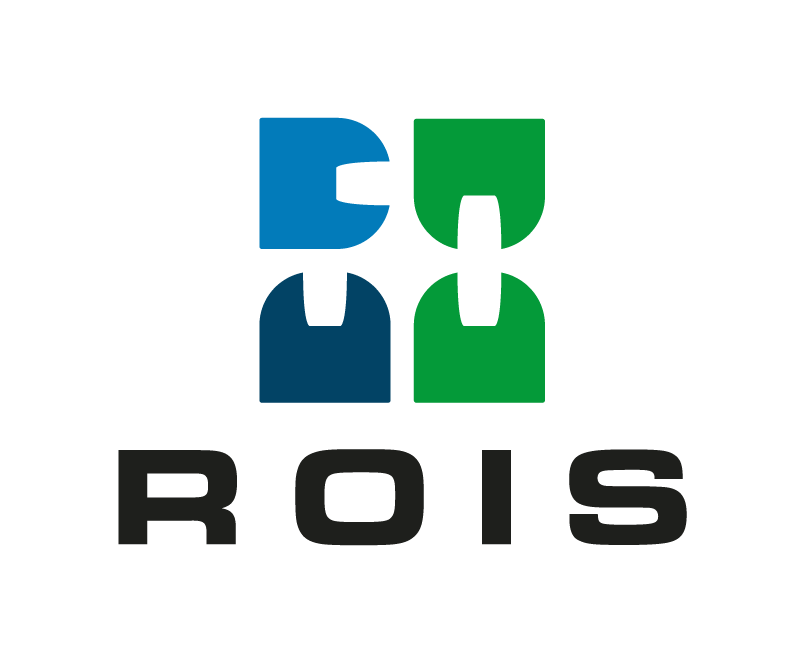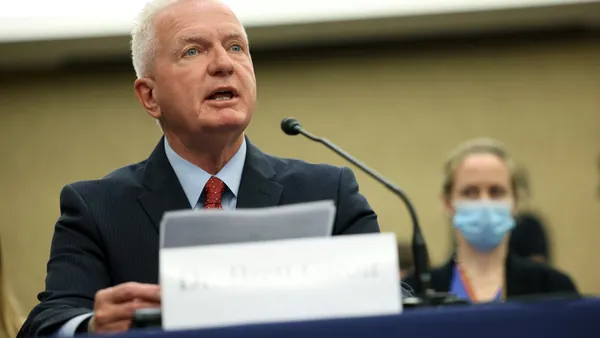Today, a brief rundown of news from Sarepta Therapeutics and Nxera Pharma, as well as updates from Nuvalent, Zymeworks and Century Therapeutics that you may have missed.
The Food and Drug Adminstration on Friday issued new restrictions on Sarepta Therapeutics’ Duchenne muscular dystrophy gene therapy Elevidys. The agency attached a “boxed” warning, its most severe, to Elevidys’ labeling in response to the deaths of two patients who had liver failure following treatment. The FDA also limited use to patients who can still walk and are at least four years of age, narrowing a previous clearance that applied to people who are no longer ambulatory. It’s requiring broader patient monitoring, as well as a commitment from Sarepta to run a post-marketing study to assess the risk of liver damage, too. Sarepta, in a separate statement, said it expects to soon test a new regimen of immunosuppressive drugs to reduce to likelihood of organ damage.
Nuvalent will seek clearance of a second targeted cancer medicine following positive study results in a form of lung cancer. According to Nuvalent, treatment with its drug neladalkib led to tumor responses in 31% of "pre-treated" patients with ALK-positive lung cancer in a Phase 1/2 trial. Those responses held up for a year in 64% of those patients, and for 18 months in 53% of them, findings that, overall, represented “unprecedented durability and broad activity,” wrote Jefferies analyst Roger Song. Nuvalent aims to provide another option for patients with ALK-positive lung tumors, which can develop resistance to drugs like Roche's Alecensa or Pfizer's Lorbrena. The company has already filed for approval of another medicine aimed at lung tumors with so-called ROS1 alterations.
Nxera Pharma will lay off about 15% of its workforce in Japan and the U.K. and reduce its executive team from 10 to seven as part of a restructuring plan to focus on drugs with the "greatest value creation potential," the company said Monday. The reorganization will see Nxera prioritize "next-generation" medicines for obesity, metabolic and endocrine disorders, while partnering off or discarding therapies that don't fit its strategy. The company hopes the initiatives will help it achieve an operating margin of at least 30% by 2030.
Shares of Zymeworks climbed nearly 40% on Monday after the company's partner, Jazz Pharmaceuticals, announced positive Phase 3 results for a drug they're developing for a type of HER2-positive cancer. Jazz didn't provide specifics, but said a regimen involving the drug Ziihera and chemotherapy — with or without the addition of a type of immunotherapy — led to a "clinically meaningful and statistically significant" improvement in disease progression compared to chemo and the targeted therapy trastuzumab in patients with HER2-positive advanced or metastatic gastroesophageal adenocarcinoma. Jazz will seek broader clearance of Ziihera, which is already available for a type of biliary tract tumor, next year. Zymeworks derives royalties on Ziihera, and is due future milestone payments, through partnerships with Jazz and BeOne Medicines.
Cell therapy developer Century Therapeutics deprioritized its sole clinical-stage program in favor of advancing earlier, "innovative" therapies. In an earnings release last week, the company said it stopped an early-stage trial testing a donor-derived therapy for autoimmune diseases. While an investigator-sponsored study of the therapy, CNTY-101, will continue, the decision will leave Century focused more on preclinical programs for Type 1 diabetes and B-cell mediated autoimmune conditions. The company will also be without any "value-inflecting catalysts" over the next 12 to 15 months, wrote Leerink Partners analyst Daina Graybosch, who argued the company's "platform-first approach" has left it "without firm footing." Century shares have lost nearly all of their value since the company's $211 million initial public offering four years ago.















